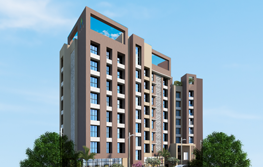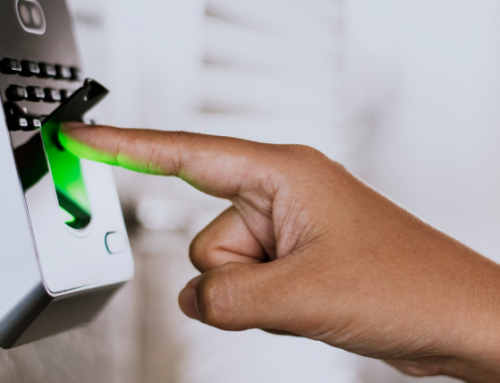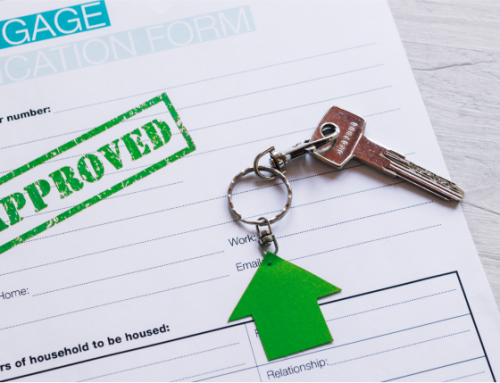With The Number Of Double Income Households Rising Over The Past Years, More Couples Prefer Opting For Joint Home Loans To Realize Their Dream Of Owning A House. The Benefit Of Separate Tax Break And An Enhanced Home Loan Eligibility Primarily Drives This Decision. However, Before You Jointly Apply For A Home Loan, Make Sure You Take Into Consideration
The Following Points For Maximising Benefits:
1. Eligibility Criteria For Co-Borrower:
Co-Borrower Must Be The Owner/ Co-Owner Of The Concerned Property, Even If He/ She Doesn’t Have Any Source Of Income. Also, Remember That While Evaluating Your Joint Home Loan Application, The Primary As Well As Co-Applicant’s Credit Score, Income, Age,Debt To Income Ratio Etc. Are Taken Into Consideration And The Loan Is Approved Only When Borrowers Are Considered Satisfactory On All Parameters.
2. Pre-Requisites Before Claiming Tax Deductions On Joint Home Loan:
# Co Borrower Should Also Be Co-Owner Of House Property –
Most Home Buyers Intending To Take A Joint Home Loan Are Unaware Of This Condition While Claiming Tax Deductions Under Section 80C And 24b. In Order To Claim Separate Tax Benefits On The Joint Home Loan, The Co-Borrower Has To Compulsorily Be The Co-Owner Of The Property. Being Just A Co-Borrower And Not Co-Owner Of The Concerned Property Would Deprive You Of The Associated Tax Benefits, Even If You Have Been Contributing Towards The EMI Repayment.
# Construction Of The Property Must Have Completed –
Taking Home Loan For Purchase Of Under Construction Property Is A Common Practice Amongst Home Buyers. Even Though The Possession For Such Property Would Only Be Received At A Later Date, Home Buyers Need To Begin Home Loan Repayment With Immediate Effect. Tax Benefits Of Such Repayment Would Also Be Eligible For Claim Starting From The Financial Year In Which Construction Of The Property Is Complete, And Not During The Pre-Construction Period.
However, Interest Repayment During Pre-Construction Period Can Be Claimed As Tax Deduction For Five Years (I.E., In Five Equal Instalments), Starting From The Year Of Obtaining Possession. But Keep In Mind That The Maximum Amount That Can Be Claimed As Deduction For Interest Repayment Remains Capped At An Overall Limit Of Rs 2 Lakh Per Financial Year.
3. Additional Benefits With Woman Co-Applicant:
# Lower Stamp Duty Charges –
Many Home Buyers Purchasing Property Jointly Are Unaware Of This Lesser-Known Deduction Available Under Section 80C, Along With A Further Concession Usually Available To Women Co-Applicants. Some States Usually Offer A Concession Of 1%-2% On Stamp Duty Charges In Case Of Property Registration In Woman’s Name, Either As Sole Owner Or As Joint Owner.
The Stamp Duty, Registration Fee And Other Expenses Directly Related To Transfer Of Property Are Eligible To Be Claimed As Tax Deduction Under Section 80C, With A Maximum Cap Of Rs 1.5 Lakh In A Financial Year. However, Remember That This Deduction Has To Be Claimed In The Same Year In Which Such Expenses Had Incurred.
# Concessional Interest Rates –
When You Take A Joint Home Loan With A Woman Co-Borrower Such As Your Wife, Mother Or Sister, Many Lenders Offer Concessional Interest Rates Of Usually Up To 5 Basis Points (0.05%) Lower Than Standard Rates.
Source – housing.com










































